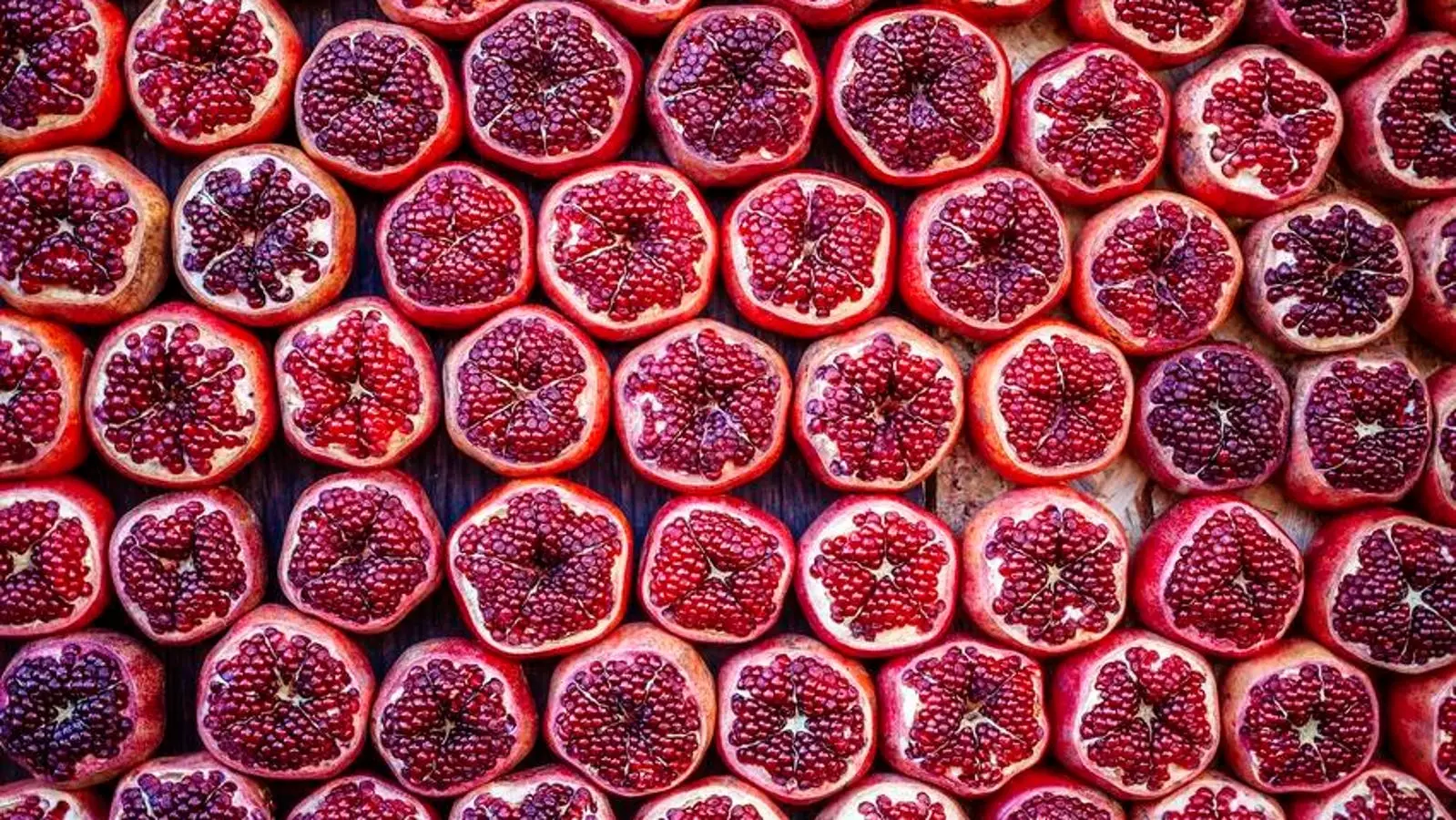The pomegranate, once deeply enshrined in the legends and lore of ancient civilizations, has re-emerged in contemporary society as a symbol of health and vitality. In recent years, this fruit has transitioned from mere decoration on mythological frescoes to taking center stage in the culinary world. With a projected market value expected to skyrocket to $10.6 billion by 2033, the pomegranate is not just a health food trend; it serves as a cultural artifact steeped in history and tradition. Nations with extensive orchards are now amplifying their production capabilities, and among them, Azerbaijan stands out not just for its output, but for the rich cultural narratives surrounding its beloved fruit, known locally as nar.
During a visit to Azerbaijan in late 2024, I found myself absorbed in the haunting beauty of the Nagorno-Karabakh region. This land, scarred by decades of conflict, seemed to juxtapose the harsh realities of its history with the remarkable resilience embodied by the pomegranate trees, flourishing and heavy with their striking ruby-red fruit. Their vivid presence, juxtaposed against the backdrop of broken structures and war-ravaged fields, whispered tales of survival and revival—a stunning metaphor for renewal, not just of the land but of the national spirit.
A Symbol of Heritage and Identity
For Azerbaijan, pomegranates symbolize more than just sustenance; they represent a deep-rooted connection to culture and identity. Cultivated over 25,000 hectares, these fruits transcend mere produce; they are woven into the very fabric of local myths, festivities, and culinary practices. The Goychay region, celebrated as the “pomegranate capital,” boasts over 60 indigenous varieties. Each methodically nurtured with generational expertise, these fruits come in diverse flavors—tart, sweet, or somewhere in between. The textures and colors of the pomegranate seeds run the gamut from deep burgundy to pristine white, reflecting the exquisite tradition of Azerbaijani agriculture.
Far exceeding the commercial models of mass-production giants like India or Iran, Azerbaijani farmers often embrace a hands-on approach, harvesting pomegranates at their peak ripeness rather than merely for scaling purposes. In doing so, they create a product bursting with flavor complexity. This quality is not only evident when consumed fresh; the pomegranate is artfully transformed into an array of culinary delights—from the tangy narsharab syrup to hearty dishes like Nar Govurmasi, which depicts a harmonious blend of flavors and cultural heritage.
The Blossoming Global Interest
In today’s world, a growing penchant for foods steeped in tradition and narrative seems to align perfectly with the pomegranate’s resurgence. Innovative recipes flooding social media provide platforms for the exploration and experimentation around this fruit. TikTok sensations showcasing tantalizing variations—from pomegranate-infused desserts to savory snacks—even accentuate its aesthetic allure. The global appetite for artisanal foods is rapidly evolving, and the pomegranate is more than capable of feeding that hunger.
Moreover, the annual Goychay Pomegranate Festival stands as a testament to the cultural weight this fruit carries. Since its inception in 2006, it has transformed into a remarkable display of Azerbaijani pride and cultural richness, featuring color, flavor, and tradition. What makes this event especially significant is its recent recognition by UNESCO as part of the Intangible Cultural Heritage of Humanity, elevating the status of Azerbaijani pomegranates to the global consciousness.
The Future of a Nutritional Superfruit
Far from merely being a trendy ingredient, the pomegranate classical symbolism of fertility and abundance makes it an enticing focal point amid the shifting paradigms of global food consumption. With the market for Azerbaijani pomegranates on an unprecedented upswing—evidenced by a 35% increase in export value—this humble fruit is clearly evolving into a key player in the global food economy.
Demand for authentic, traceable foods is driving the search for niche markets, and Azerbaijan is uniquely poised to capitalize on this trend. As consumers increasingly gravitate towards functional foods that are not only nutritious but also tell engaging stories, pomegranates check all the boxes—antioxidant-rich, gut-friendly, and now a social media sensation. The lush, mineral-rich soils of Azerbaijan, coupled with its favorable climate, position it as a sanctuary for high-quality pomegranate cultivation, creating a compelling future for its agricultural sector.
In embracing both its culinary and cultural heritage, Azerbaijan is not merely exporting pomegranates; it is sharing a narrative, a taste of identity, and a bit of history—a trifecta that resonates in an increasingly interconnected world hungry for authenticity and flavor. As the pomegranate continues its ascendance from obscurity to food stardom, it serves as a remarkable reminder that sometimes the smallest fruit can yield the most profound impact.


Leave a Reply